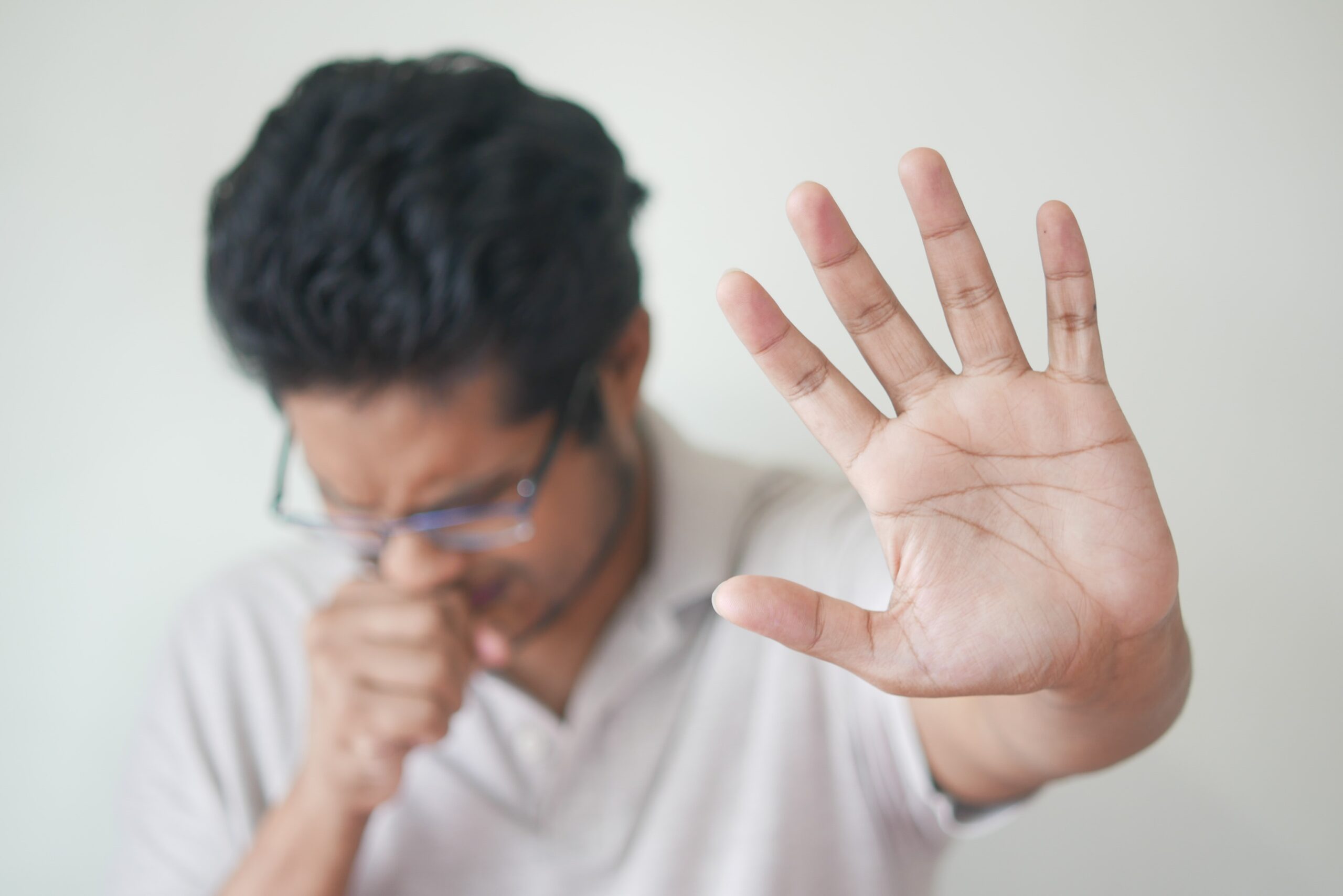
We’ve all heard a lot about COVID-19 during the last couple of years. But the Flu (Influenza) is still a serious illness we should be mindful of, especially during these cooler months. Flu is a respiratory illness caused by viruses that infect the nose, throat, and sometimes the lungs. It is contagious and can cause mild to severe illness, including death.
Below are just a few things to know that will help you stay healthy during the holidays.
If you are sick, stay home to avoid putting others at risk. If you have severe or worsening symptoms, call your healthcare provider.
Cover coughs and sneezes when around others to help protect them.
Masks can help reduce the spread of respiratory viruses.
Handwashing often with soap removes most germs, including respiratory viruses, from your hands. If soap and water are not available, using a hand sanitizer with at least 60% alcohol can kill many germs.
One last thing: Does the flu vaccine cause the flu? No. The vaccine typically takes 2 weeks to reach full strength, however, so if someone is exposed to the flu virus during that time, they may still get sick.
The holiday season can be stressful with all the hustle and bustle, responsibilities, and obligations.
Please be sure to make time to take care of yourself!

Copyright © 2017 Central Occupational Medicine Providers. All Rights Reserved. Image thanks to Vecteezy